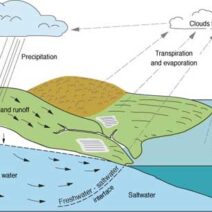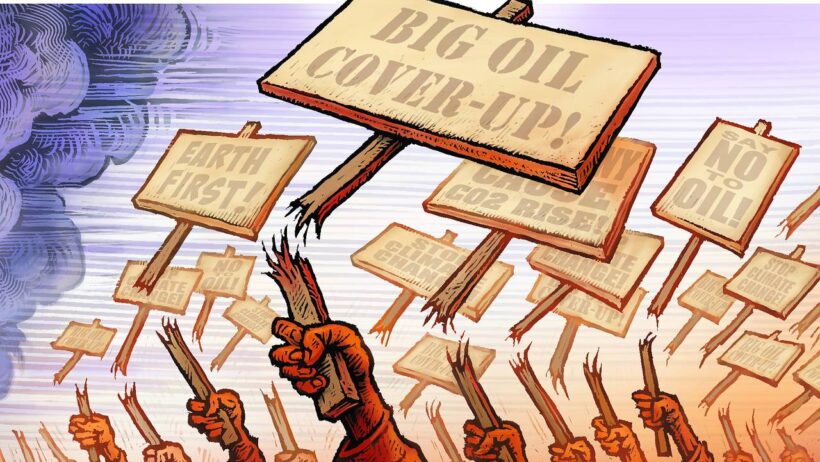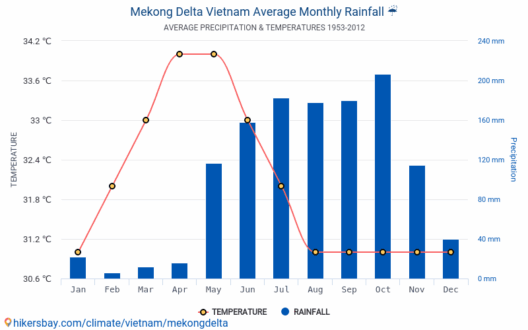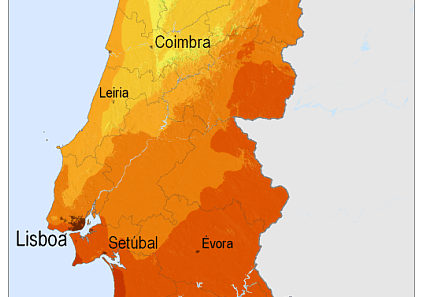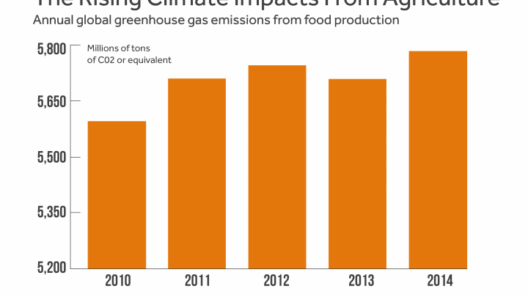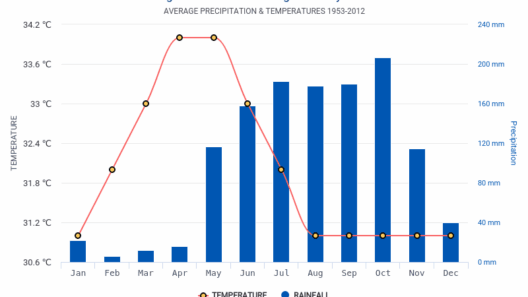When discussing climate change, the conversation predominantly revolves around its negative impacts. However, what if we reframed the discussion? What if we examined climate change through a more optimistic lens? Can we entertain the notion that, amidst its considerable challenges, climate change might also present some unexpected advantages? While it may seem paradoxical, there are several areas where climate change could confer benefits. This perspective invites us to explore the intricacies of environmental shifts and their multifaceted implications.
One of the most touted potential benefits is the enhancement of agricultural productivity in some regions. As temperatures rise and CO2 levels increase, certain areas may experience longer growing seasons. Regions that were previously too cold for farming could become fertile, allowing for the cultivation of various crops. For instance, Canada and parts of Russia may see an uptick in agricultural output, thus contributing to global food supplies. This may seem like a silver lining for regions struggling with food scarcity, yet it also raises questions about the long-term sustainability of such shifts. Will the possible agricultural boon offset the catastrophic impacts elsewhere?
Another intriguing aspect is the potential for new economic opportunities. As traditional industries face threats from climate change, new sectors are emerging. Renewable energy technologies are advancing rapidly, creating jobs and driving economic growth in fields such as solar and wind energy. Investing in these technologies could lead to sustainable economic development, mitigating the reliance on fossil fuels. This transition not only promises economic revitalization but also encourages innovation as communities adapt to changing conditions. However, the challenge lies in ensuring that these benefits are equitably distributed across all layers of society.
Climate change may also act as a catalyst for migration and cultural exchange. As certain locales become uninhabitable due to extreme weather events, populations will inevitably seek refuge in more temperate regions. This migratory shift could lead to the blending of cultures, ideas, and innovations, fostering a collaborative global ethos. Nonetheless, this phenomenon poses significant challenges regarding social integration and resource allocation in host countries. How can societies facilitate mutual understanding and coexistence during such transformative times?
Additionally, biodiversity may experience unexpected shifts due to climate change. As species adapt to new environmental conditions, previously underrepresented flora and fauna could gain prominence. This ecological change may allow for the diversification of ecosystems, leading to robust biological networks. While it’s crucial to highlight that many species will face extinction, this concept of “ecological reshuffling” could foster new interactions within ecosystems, promoting resilience among communities. However, the risks of losing endemic species due to rapid environmental changes must not be overlooked.
Consider, too, the potential for increased awareness and activism surrounding environmental issues as climate change unfolds. As physical manifestations of climate change become more pronounced—wildfires, flooding, hurricanes—public consciousness is heightened. This awareness often galvanizes action at both grassroots and institutional levels, driving individuals to advocate for environmental policy changes and sustainable practices. Such mobilization can lead to significant strides toward mitigating climate change’s worst impacts. Still, this raises questions about whether awareness alone can drive the monumental changes necessary to avert ecological disaster.
Yet, the most compelling aspect of viewing climate change through a lens of opportunity is the challenge it poses to humanity’s creativity and ingenuity. The pressing need to confront climate change compels scientists, policymakers, and communities to innovate solutions that might never have been considered otherwise. Whether it’s developing advanced carbon capture technologies or enhancing urban resiliency through green infrastructure, the response to climate change encompasses a realm of possibilities that can yield groundbreaking advancements. However, will humanity rise to the challenge, or will inertia prevail in the face of such unprecedented crises?
This perspective does not dismiss the gravity of climate change but suggests that the challenges it presents could inspire transformative actions. Each potential benefit prompts a question: How can we harness these changes for the greater good while remaining cognizant of the substantial risks involved? While it’s easy to fall into despair regarding climate change, recognizing possible advantages can shift the narrative to one of resilience and hope.
In conclusion, while the adverse effects of climate change are undeniably severe, it is crucial to explore its multifaceted implications genuinely. By considering the potential benefits alongside the challenges, societies can better prepare for the future. This nuanced understanding allows for enriched discourse, urging innovation, collaboration, and a proactive stance toward confronting the climate crisis. Ultimately, recognizing the paradox of climate change may lead us to unexpected solutions, promoting sustainability and interconnectedness in an increasingly unpredictable world.

